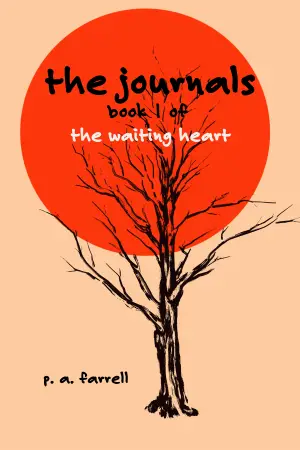Book Review: The Moonshiner’s Daughter by Donna Everhart
From the moment I stumbled upon The Moonshiner’s Daughter, I was drawn to it—probably because the nostalgic allure of the 1960s South resonates with my own southern roots. Donna Everhart’s storytelling lured me in with the promise of family complexities and the haunting grip of the past. And I must say, she delivered, crafting a compelling narrative that isn’t just a coming-of-age tale, but a richly woven tapestry of despair, discovery, and, ultimately, resilience.
At the heart of this novel is Jessie Sasser, a sixteen-year-old grappling with the heavy burden of her family’s legacy in North Carolina’s Brushy Mountains. For Jessie, moonshine isn’t just an illicit family trade; it’s a painful reminder of a past she’d rather forget—especially the tragic loss of her mother, who died in an accident tied to that very legacy. Everhart does a masterful job of illustrating Jessie’s tumultuous journey—the need to unravel family secrets intertwined with a desperate desire to escape them. I felt both a kinship and a profound sadness for Jessie as she navigates her eating disorder, symbolically representing her struggles with the “monster” within.
The narrative flows with a sense of urgency, often pulling you in with its vivid imagery—each scene a snapshot of the tension and beauty inherent in the Southern landscape. Everhart’s prose is both lyrical and grounded, making the emotional weight of Jessie’s experiences feel palpable. This shines especially through her relationships: her strained bond with her father, who remains tight-lipped about their family’s dark history, showcases a painful, universal theme of longing and unspoken grief.
Notable excerpts from the book lingered in my mind long after I closed its pages. One such moment reads: “What runs in your blood can bind you or break you.” This quote encapsulates the heart of Jessie’s conflict—will she succumb to the shadow of her family’s past, or can she forge a new path? It left me pondering deeply about the legacies we inherit and how we choose to confront them.
The pacing of the story kept me enthralled, though I did find some repetition toward the end. However, this did not detract from my overall enjoyment; rather, it reinforced the cyclical nature of trauma and memory that Jessie was battling. Just like life itself, sometimes it takes a while to come full circle.
Everhart’s The Moonshiner’s Daughter is perfect for readers who enjoy Southern literature with a soulful exploration of family dynamics, particularly those interested in how the past shapes identity. It’s a gripping read that not only entertains but demands reflection, making it a worthwhile journey for anyone who cherishes stories about growth and finding one’s voice amid chaos.
In conclusion, this novel deeply resonated with me. Its emotional depth and authenticity remind us that sometimes, confronting one’s history, no matter how painful, can lead to the healing we so desperately seek. I wholeheartedly recommend The Moonshiner’s Daughter—it’s a story that will stay with you long after you’ve turned the last page.
You can find The Moonshiner’s Daughter: A Southern Coming-of-Age Saga of Family and Loyalty here >>






